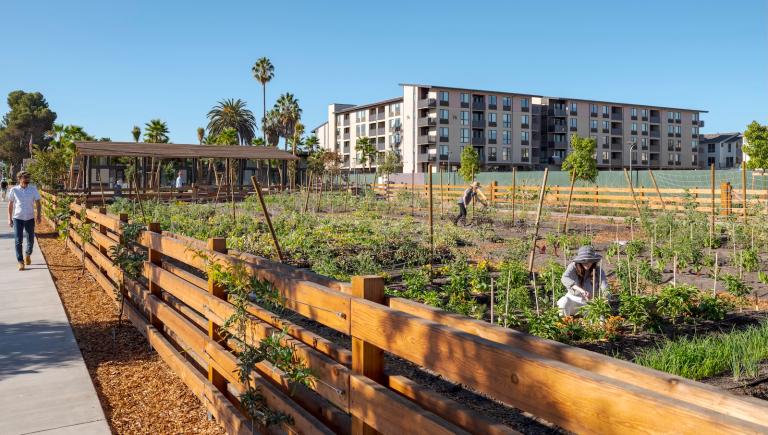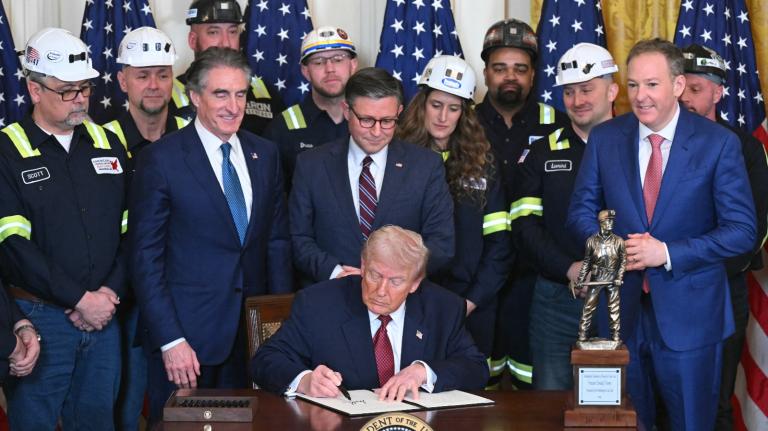We know Mitt Romney is itching to roll back environmental regulations, but what would he do about cities? You know, where the rich people live in the tall shiny buildings and the rest of the rabble live in the tall not-shiny ones.

Holly BaileyMitt Romney’s preferred form of transportation: not so public.
The Atlantic Cities brings us an only slightly scaremongering roundup of Romney’s positions on cities and transportation.
The issue pages on Romney’s website make no mention of transportation, public transit, poverty programs, smart growth or climate change …
Romney has left literally no trail — in opposition or support — on the individual federal programs, such as the Partnership for Sustainable Communities and Sustainable Communities Regional Planning Grants, that have been designed over the last four years to help local communities creatively tackle the intertwined challenges of housing, transportation and the environment. Mitt Romney the Management Consultant could very well find something to love in such silo-busting, locally nimble initiatives. Sprawl is, after all, the very definition of inefficiency.
And as governor of Massachusetts, Romney was in fact an active proponent of smart-growth policies to curb it. He once spoke of New England, as Alec MacGillis writes in The New Republic, like a stereotypically liberal-sounding urban planner: “We don’t want to become like Houston.”
So on the one hand, Romney did push smart growth in Massachusetts. On the other hand, he threatened to dismantle the Department of Housing and Urban Development while on the campaign trail this past spring.
[F]or residents and policy advocates preoccupied with the future of cities, it’s hard to say what a Romney presidency might mean for them. Would he take office as the pragmatic efficiency consultant and Massachusetts moderate, or as the “severe conservative” allied with House Republicans who have taken to disdaining bike lanes?
But it’s also hard to say that an Obama presidency would be significantly better for cities. Streetsblog looks at what Obama has accomplished in terms of smart growth in his four years in office. There’s much to praise, from the creation of the Partnership for Sustainable Communities to an ambitious transportation plan, but ultimately that plan died in Congress, and the president kind of averted his eyes.
[T]he administration’s unwillingness to engage with Congress to find a viable revenue stream doomed Obama’s transportation proposal … So maybe that’s the story of Obama’s presidency, when it comes to transportation: big ideas, not enough follow-through.
This might serve as a reminder that leadership on urban issues won’t be coming from the guys who parrot the guys on K Street. As consumed as we might be by tomorrow’s election (remember, the baby walrus wants you to vote!), creating sustainable communities is going to remain a challenge no matter who wins this thing.




